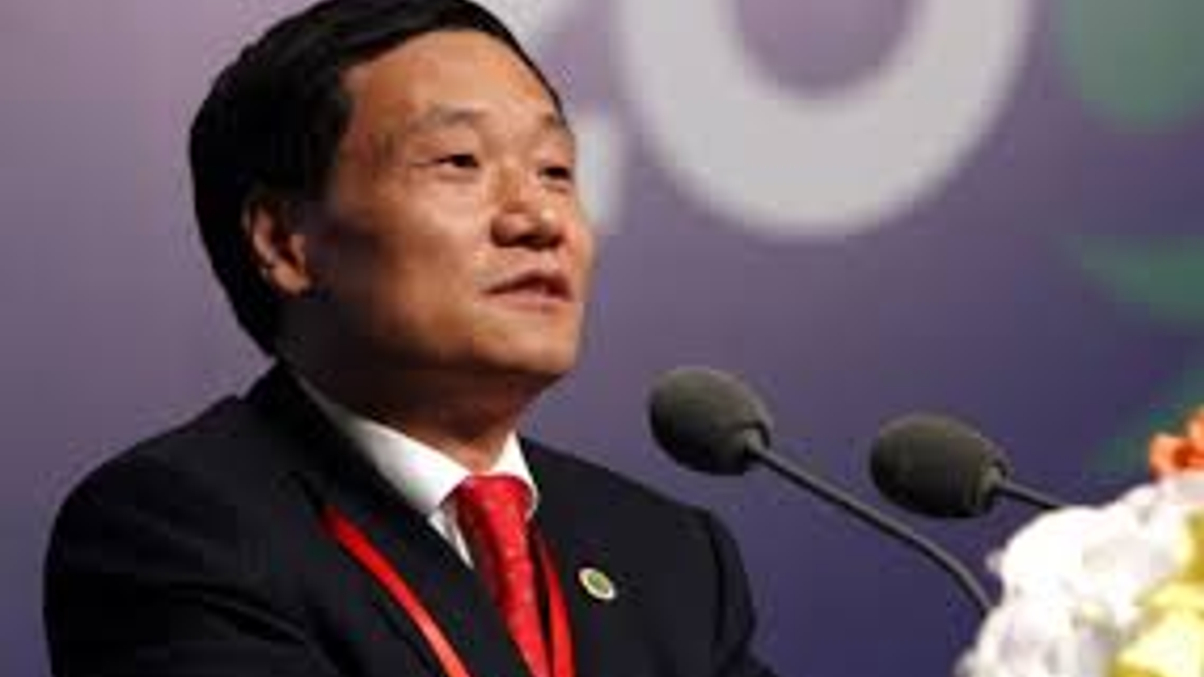Mutual recognition next, says CSRC's Xiao Gang
CSRC chairman Xiao Gang and Hong Kong's Laura Cha say mutual recognition of funds is imminent, following yesterday's unveiling of the linking of the Shanghai and Hong Kong stock markets.

Yesterday China premier Li Keqiang rocked the Shanghai and Hong Kong stock markets by announcing they are now linked – but that is not the only news to come out of the Boao Forum for Asia, where he dropped his bombshell.
Sign in to read on!
Registered users get 2 free articles in 30 days.
Subscribers have full unlimited access to AsianInvestor
Not signed up? New users get 2 free articles per month, plus a 7-day unlimited free trial.
¬ Haymarket Media Limited. All rights reserved.


